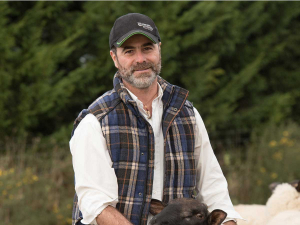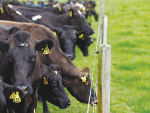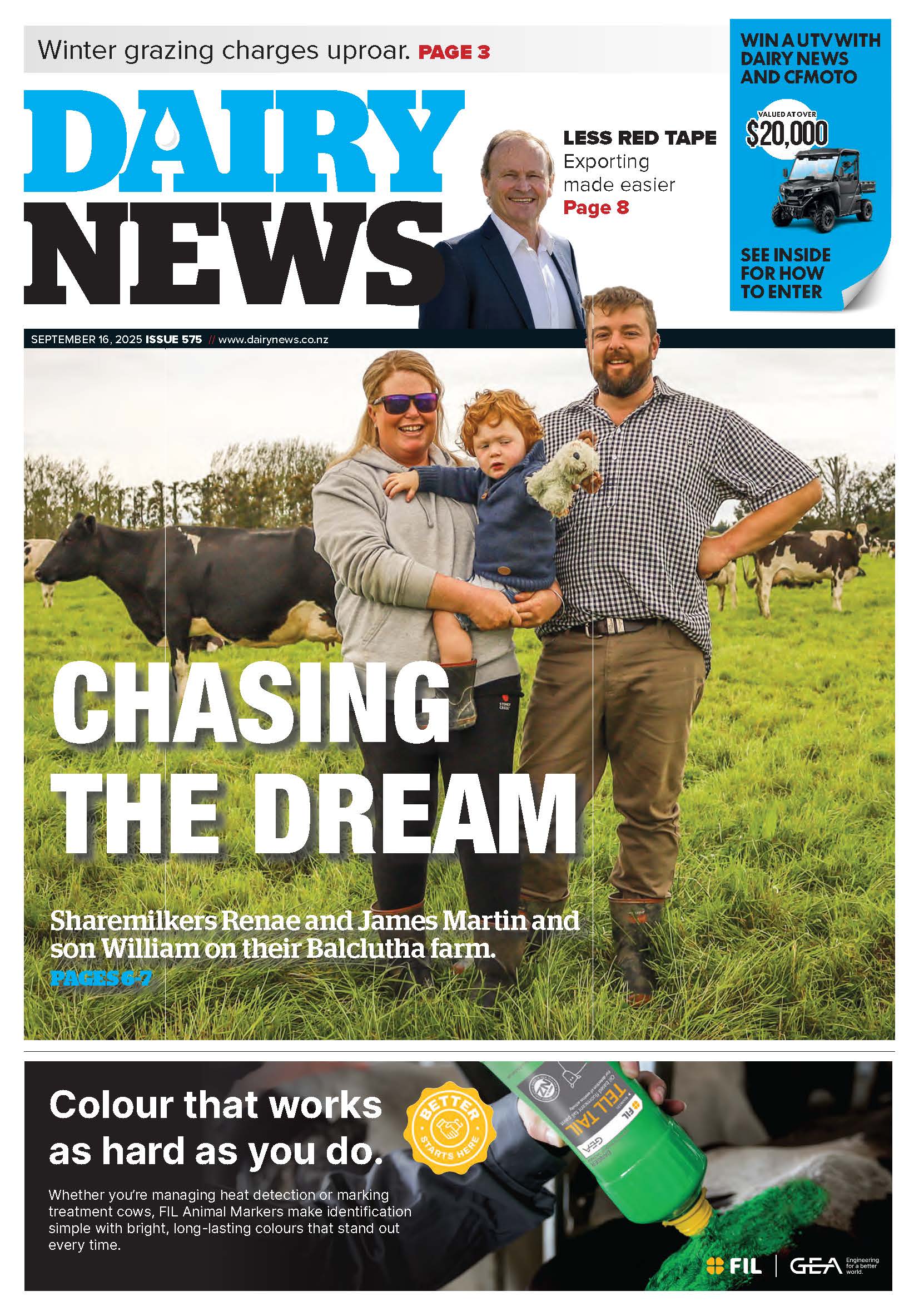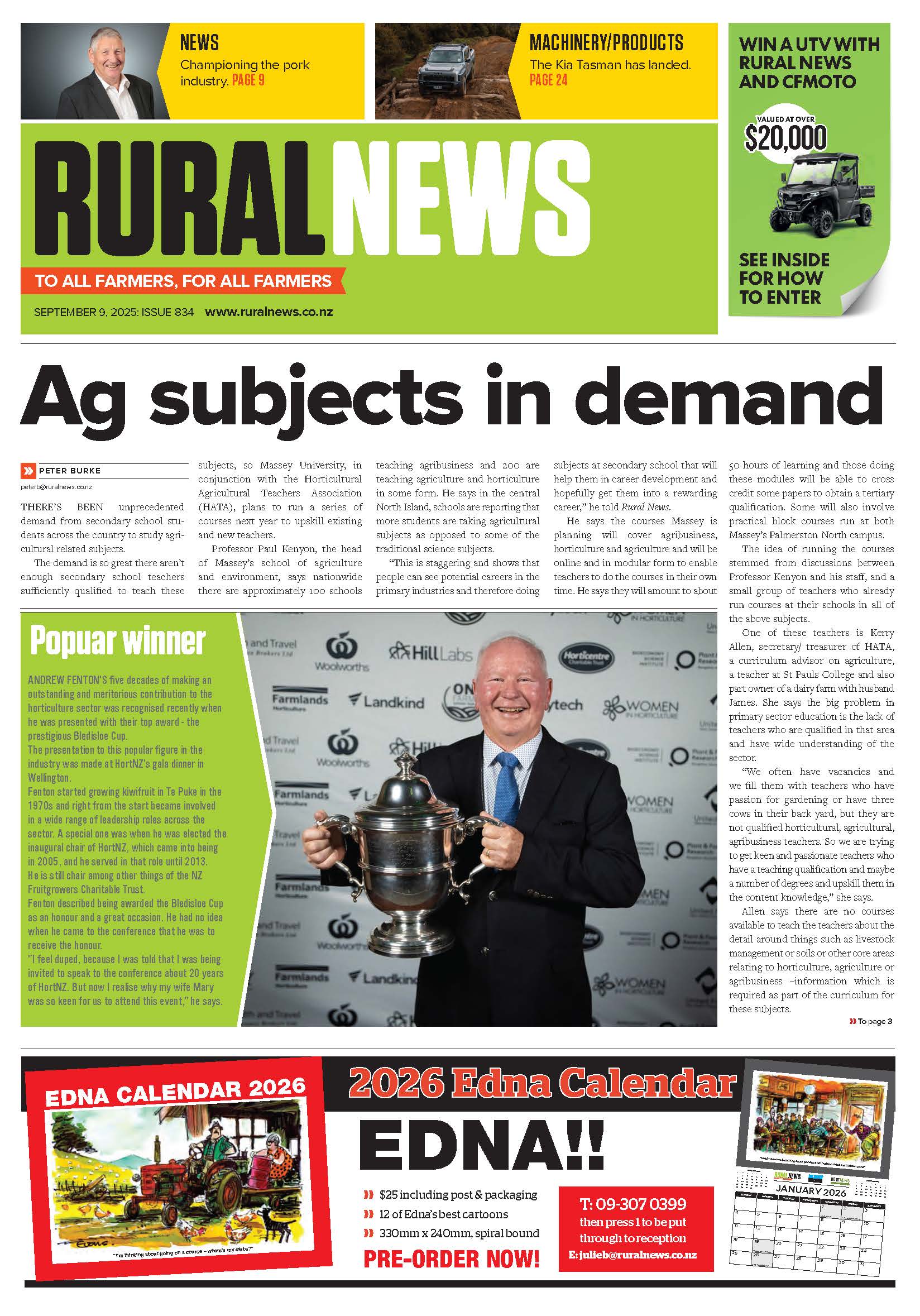Feeding pregnant ewes a more diverse diet will benefit the lambing process, according to recent research carried out by Lincoln University.
The research has found that offering ewes – especially in late pregnancy – a greater variety of feed led to less stress and ‘healthier and happier’ lambs. Conversely, the study also showed that feeding pregnant ewes the same type of food can cause stress and compromise animal production, health and welfare.
Carried out by former PhD student Konagh Garrett, under auspices of Lincoln University’s Pastoral Livestock Production Lab, the research explored whether offering dietary diversity to ewes in the final trimester of pregnancy would reduce oxidative stress for both the ewe and her lambs.
It found that a more diverse diet led to a reduction in stress in the ewes and they also birthed heavier lambs, which had lower cortisol levels. Lambs born with high cortisol levels may develop a disorder of the adrenal glands or pituitary gland problems.
The study is the first to detect maternal and foetal stress by examining the cortisol concentration and antioxidant levels of lamb’s wool. Livestock Production Professor Pablo Gregorini told Rural News the lambs’ wool was measured straight after lambing and this was able to track stress levels in the last trimester of pregnancy.
“The research’s findings suggest moving away from a typical monotonous ryegrass menu for lambing ewes and instead peppering their diet with foods like chicory, plantain, red clover and lucerne, as well as other plants,” he explained.
Gregorini added that the hormonal and metabolic changes of pregnancy can increase nutritional demands and strain.
He says the research found that certain diets then exacerbate the issue, especially as animals transition from non-lactating to lactating.
“Maternal nutrition in late gestation also influences lamb birth weight and the stress experienced by lambs in utero,” Gregorini says.
“Our findings have significant implications, as farmers can enhance animal wellbeing using simple dietary measures and adding further value to New Zealand pasturebased animal products, because animals would be ‘happy’ from the get-go.”
Gregorini believes that feeding lambing ewes a wider variety of foods will enhance both animal welfare and production.
“It is a bit like human diets,” he explained. “If we were to constantly eat the same things day after day, we would get sick of eating it and our stress levels would rise and overall health deteriorate.”
Gregorini concedes that the ability of farmers to offer a wider range of feed to ewes in late pregnancy can be limited by the time of year and climatic conditions when pasture growth is restrained.
He says trials are now being run on a Lincoln University farm to transfer the knowledge gained from the study to a commercial farming operation.



















